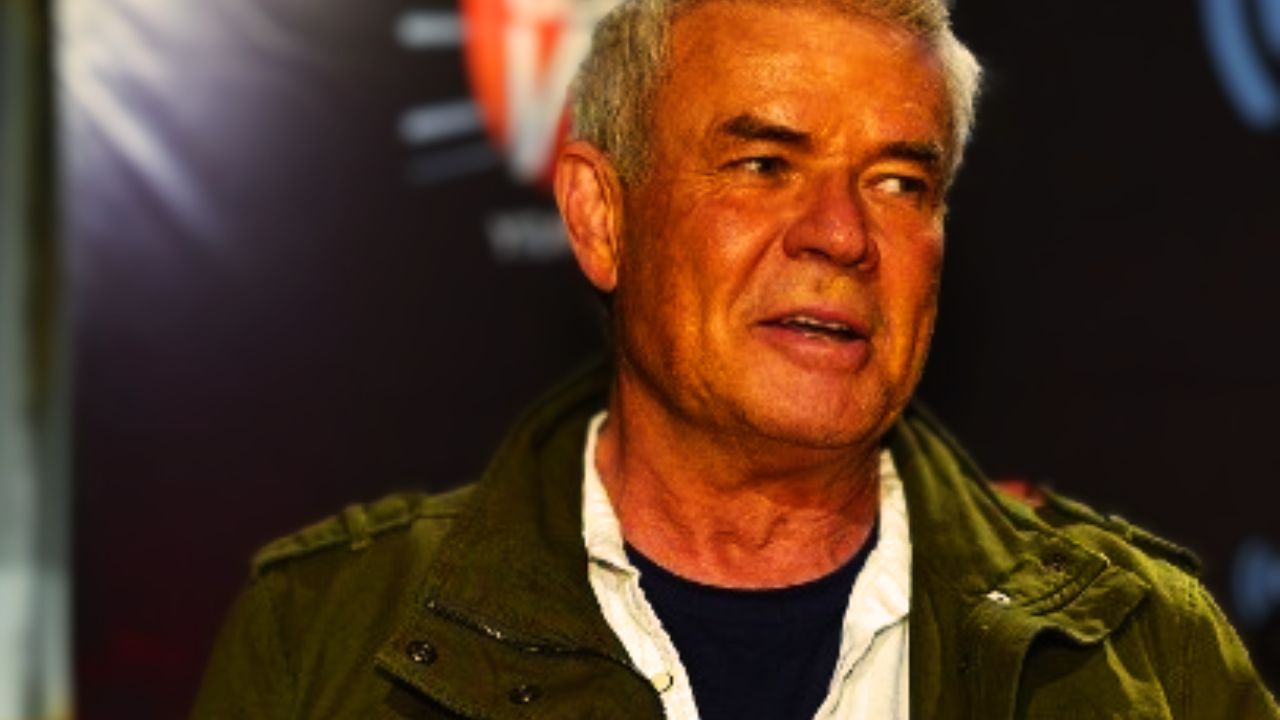Eric Bischoff Reflects on Tumultuous WCW Power Struggle With Former WWE Writer Vince Russo
In a riveting revelation, former WCW President Eric Bischoff has shed mild on his turbulent electricity war with Vince Russo, the ex-WWE creator who extensively influenced WCW’s innovative route. At 69, Bischoff remains a towering discern in wrestling, famend for his pivotal position within the Monday Night Wars, where WCW made an impressive project to WWE’s dominance.
In 1999, Bischoff was ousted from his position as WCW President. This marked a tumultuous period for the wrestling multi-millionaire, who became later reintroduced into the WCW fold alongside Russo, each as an on-display antagonist and a creative consultant. In a candid interview with Inside the Ropes, Bischoff offered an unfiltered glimpse into his complicated dating with Russo and his next go back to the wrestling world.
Bischoff candidly described his brief hiatus from wrestling as a period of financial comfort and personal freedom. “I wasn’t fired, but I couldn’t go work for anybody else either so they kind of put me in wrestling prison,” he recalled. Despite the constraints, Bischoff appreciated the financial stability, noting, “I was making almost $750,000 a year, so, I’m going to go fishing.” His relaxed demeanor belied the serious legal and professional complications surrounding his departure.
The legal intricacies of Bischoff’s departure were significant. Under U.S. law, once a company invokes a “pay or play” provision, they cannot compel an employee to return to work. Bischoff, however, was soon summoned back to WCW, though his role was more consultant than manager. “When I came back to WCW, I came back not as an employee. I wasn’t overseeing WCW; my job was to be a consultant for creative. I was to oversee Vince Russo but I reported as a consultant, not an employee,” he explained.

The initial phases of Bischoff’s partnership with Russo seemed promising. Russo, known for his dynamic and charismatic personality, initially appeared to be a good fit. Bischoff admitted, “I thought he’s [Vince Russo] a charming guy. Vince Russo is a very charming guy. Like if he was up here, you guys would all think he’s the greatest guy in the world. If you had to do business with him, you’d want to slit his throat. But he’s a very charming dude and I got, he sucked me in.” However, as time passed, Bischoff’s optimism waned, leading to a recognition of the inherent conflicts and challenges in their professional relationship.
This mirrored image on Russo is a testament to the broader conflicts in the wrestling enterprise, wherein persona clashes and innovative variations can cause dramatic confrontations and professional fallout. Bischoff’s sincere assessment offers a unprecedented, behind-the-scenes observe the complexities of wrestling’s creative dynamics.
In a separate however associated revelation, Bischoff also addressed his contentious relationship with wrestling journalist Dave Meltzer. During an episode of his podcast, Bischoff did no longer maintain back, labeling Meltzer a “con man and a fraud.” He criticized Meltzer’s terrible reviews of WCW’s tv product in the course of the past due Nineteen Nineties, expressing disdain for what he perceived as hypocritical statement. Bischoff’s feedback underscore the continued friction among wrestling figures and media critics, reflecting the wider struggles for credibility and respect within the enterprise.
These disclosures not only illuminate the fraught nature of Bischoff’s professional life but also offer a glimpse into the broader, often contentious world of professional wrestling. As the industry continues to evolve, Bischoff’s reflections serve as a poignant reminder of the intense personal and professional battles that define the sport’s storied history.
H/t to ITRWrestling.com



